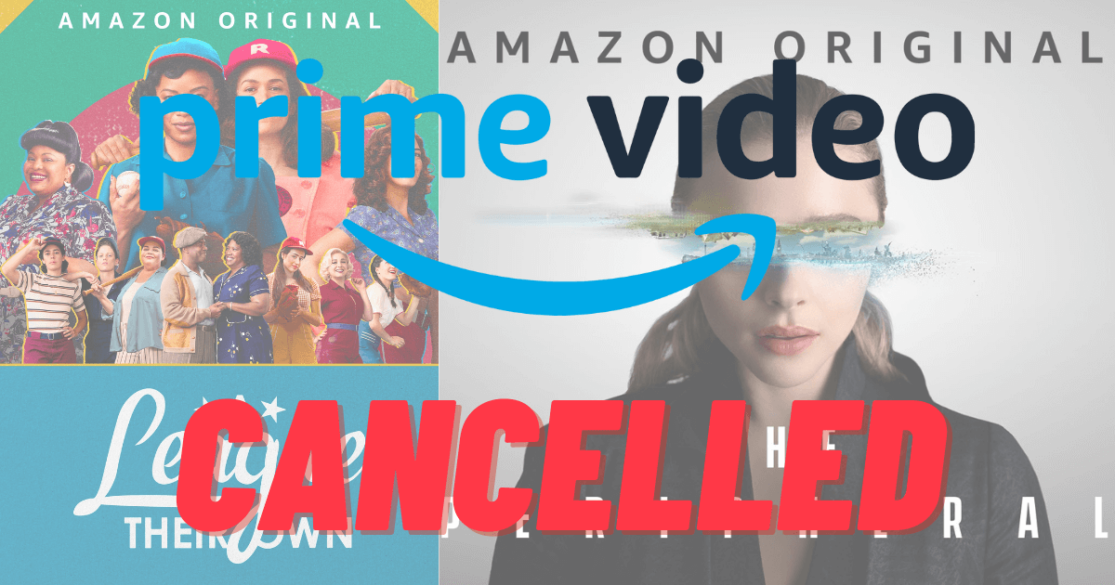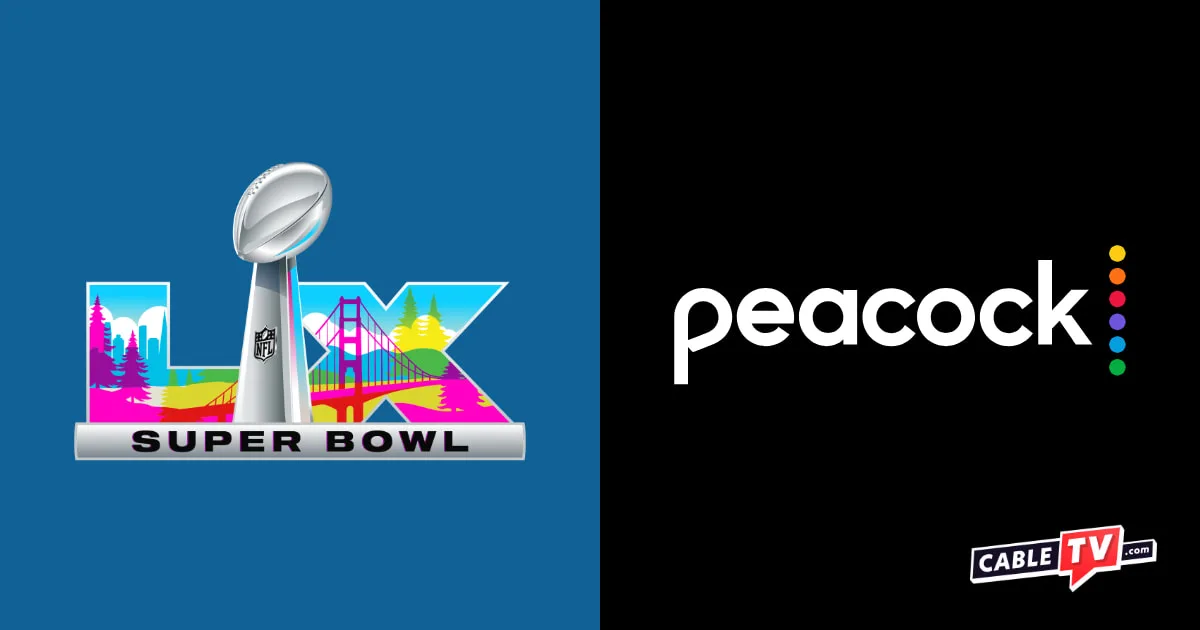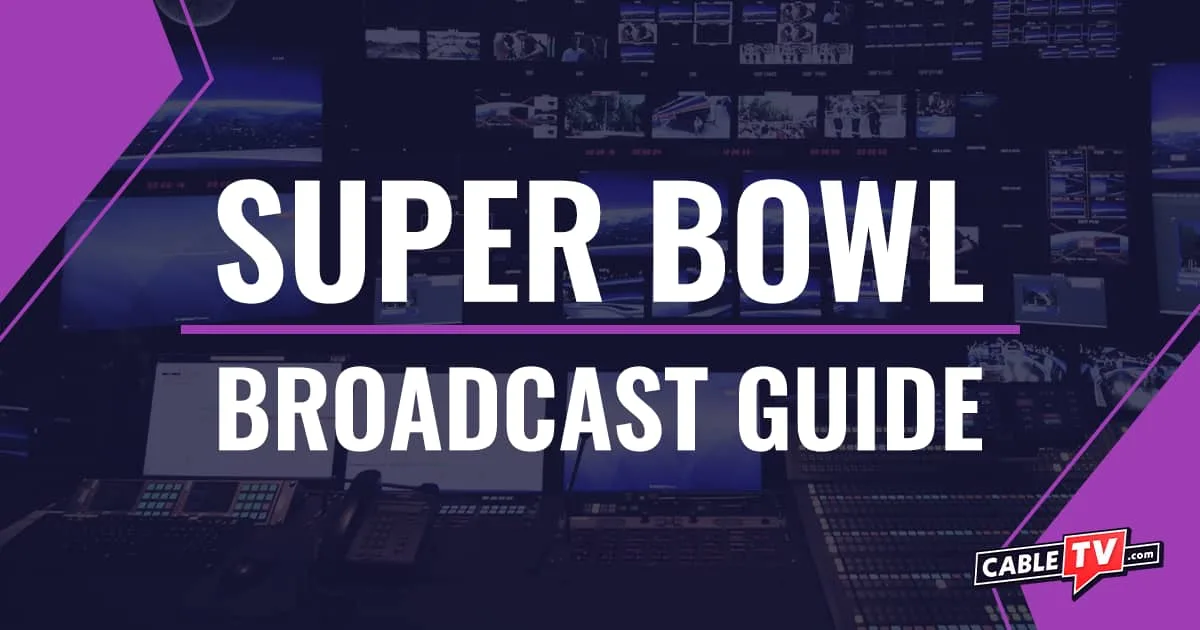Amazon Reverses Renewals: Cancels ‘The Peripheral’ and ‘A League Of Their Own’

Amazon Studios productions The Peripheral and A League of Their Own have been canceled by Amazon Prime Video after the network previously renewed the shows for a second season.
Both shows began airing in 2022 and would have over three years between seasons.
Filming on A League of Their Own was initially delayed due to the COVID-19 pandemic. Amazon renewed the show for a shortened second and final season in March. The Peripheral began filming in 2021, and Amazon renewed it for a second season in February 2023. The show was believed to do well in the ratings and was in pre-production before the WGA strike.
Looking for the hottest entertainment?
Subscribe to our email newsletter to get the latest TV premieres, entertaining takes, and money-saving promotions.
By signing up, you agree to our Privacy Policy & Terms and Conditions.
While there was no definitive statement from Amazon about the cancelation, sources told Deadline the cancelation came from the work stoppages due to the WGA and SAG-AFTRA strikes.
So far, networks have not canceled any other series due to the strike. During the COVID-19 pandemic, most canceled shows had been renewed for a second season but saw their costs increase with new COVID-19 and safety protocols.
Could A League of Their Own or The Peripheral return?
Yes, they could! It’s not unheard of for canceled shows to find a new home somewhere else—look at Manifest going from NBC to Netflix a couple of years back and Minx moving from Max to STARZ. But since these cancelations come during a work stoppage, it may be harder to negotiate for a new network to pick up the shows.
However, that’s not stopping viewers and show creators from holding out hope. At the same time, we haven’t heard anything from The Peripheral creator Scott B. Smith or executive producers Lisa Joy or Jonah Nolan. However, Will Graham, co-creator of A League of Their Own, wrote in a statement on X, formerly known as Twitter, “We found out this news along with you on Friday” and said, “We are still fighting for League. But whether we win or lose this one, I’m so proud.”
Graham’s full statement is a great read celebrating the joy of the show and its importance to the LGBTQIA community. Graham also notes that “Amazon is pursuing different kinds of programming,” which may have led to the cancelation, “but to the rest of the world, this show is a hit and has a huge value and even greater potential. But first things first, we have to win this strike and get a fair deal before we can explore what comes next.”
Although the show’s creative team hoped to have a second season to tie up storylines, Graham writes, “If we don’t find a good path forward, I will still know that League did what it came here to do and, in its own small way, changed the world.”
What do cancellations mean for TV viewing?
In any other year, a few canceled shows would mean that networks are opening up slots for new shows to take their place.
But this isn’t any ordinary year.
The cancelations are supposedly driven by the joint WGA and SAG-AFTRA strike, resulting from the studios not offering writers and actors a fair deal. Meanwhile, as the strikes drag on, the likelihood of shows returning this year dwindles.
Veteran TV writer-producer Warren Leight wrote, “If the strike were somehow to end by Labor Day, and shooting were to begin in early fall, the networks might be able to salvage a 13 episode season. The clock keeps ticking.” Labor is 11 days away at the time of publication, and the studios and guild seem far from making a deal.
So, as networks and studios cancel shows, citing the strikes as reasoning, their schedules are in flux. Only NBC has new shows airing this fall, and CBS is bringing over cable legend Yellowstone to fill in the gaps. ABC is also holding off on deciding the fates of three of its shows.
But how long can this pattern last? If the studios continue to cancel shows, there will be nothing to return to—and viewers want reliable shows to watch.





